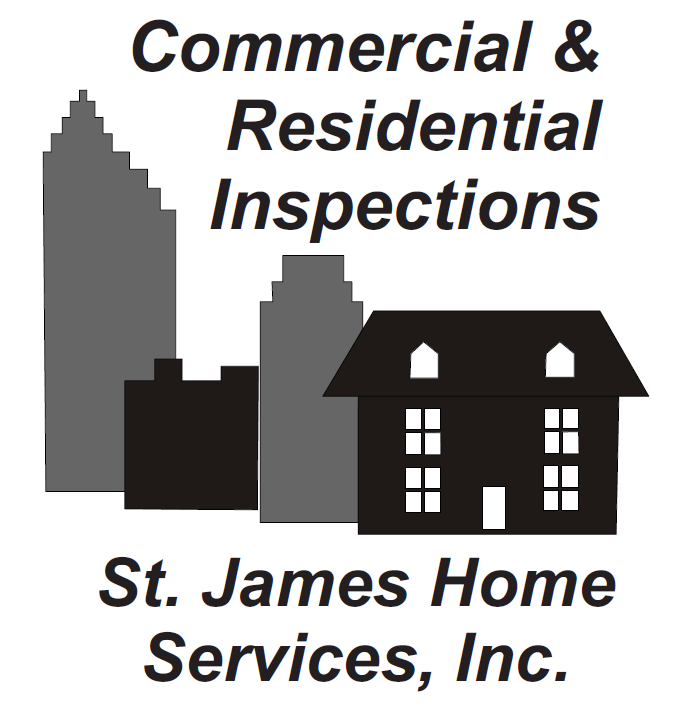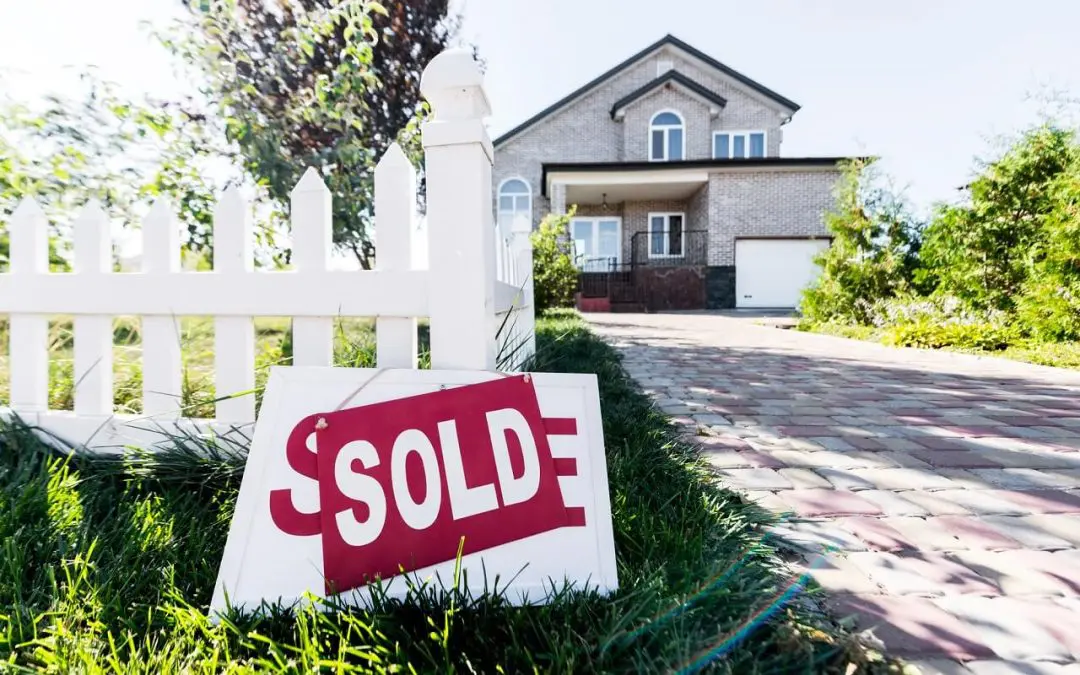Becoming a homeowner is an exciting milestone, but it also comes with new responsibilities and challenges. Be it transitioning from renting or buying your first property, the experience can be overwhelming. From managing maintenance to creating a budget, there are many aspects to consider to make sure your new home becomes a space you enjoy for years to come. In this blog post, we’ll share essential tips for new homeowners to help you settle into your home and start this chapter with confidence.
Tips for New Homeowners: Create a Home Maintenance Routine
One of the most important tips for new homeowners is maintaining your property. While it’s tempting to focus only on the aesthetics, establishing a routine maintenance plan is crucial for preserving the value and functionality of your home. Start by familiarizing yourself with the systems in your home, such as plumbing, electrical, HVAC, and roofing. It’s a good idea to schedule regular inspections and seasonal upkeep to prevent small issues from turning into costly repairs.
In addition, don’t neglect exterior maintenance, including gutter cleaning, landscaping, and checking for potential damage to your home’s foundation. By developing a consistent maintenance routine, you’ll keep your home in top shape and reduce the risk of unexpected breakdowns.
Understand Your Home’s Systems and Appliances
Understanding how the key systems in your home work is another essential step for new homeowners. Take time to read the manuals for your appliances, know where your circuit breaker is located, and learn how to shut off the water supply in case of emergencies. Knowing how to troubleshoot common issues with your HVAC system or water heater will save you from calling a professional for minor problems.
It’s also important to track the age and condition of major appliances and systems so you can plan for future replacements. For example, if your furnace is 15 years old, you can budget for a new one within the next few years, rather than being caught off guard when it suddenly fails.
Financial Tips for New Homeowners: Budget for Home Expenses
As a homeowner, you’ll encounter many new financial responsibilities beyond your mortgage payment. Property taxes, homeowner’s insurance, utilities, and routine maintenance all need to be factored into your budget. Setting aside funds for emergency repairs and unexpected expenses will give you peace of mind and protect your financial stability.
It’s wise to establish a home emergency fund to cover the costs of larger repairs, such as roof replacement, plumbing issues, or heating system failures. Consider putting away a small percentage of your monthly income specifically for home-related expenses. This proactive approach will help you handle surprises that may arise without disrupting your regular finances.
Prioritize Home Improvement Projects
When you first move into your new home, it’s tempting to dive into various improvement projects simultaneously. However, it’s essential to take a step back and prioritize which upgrades will have the most immediate impact on your comfort and home’s value. Start with projects that address functionality and safety, such as installing new locks, replacing outdated electrical systems, or improving insulation.
Once the essentials are covered, gradually move on to aesthetic updates, like repainting walls, upgrading fixtures, or remodeling a bathroom. Prioritizing projects will allow you to manage your time and budget more effectively so that you aren’t overwhelmed by too many tasks at once.
Build a Relationship with Your Neighbors
Getting to know your neighbors is one of the most overlooked yet valuable aspects of settling into a new home. Establishing friendly relationships enhances your sense of community and also provides practical benefits. Neighbors can offer recommendations for local services, provide a watchful eye over your property while you’re away, and even assist in emergencies.
Take the time to introduce yourself, attend neighborhood events, or join local community groups. Building rapport with those around you fosters a supportive environment, making your home life more enjoyable and secure.
Review Your Homeowner’s Insurance
It’s important to confirm that your homeowner’s insurance is adequate for your property’s specific needs. Your insurance policy should cover the structure of your home and the contents inside and potential liability issues. Review your policy carefully to understand what is covered and consider whether you need additional protection for things like flooding, earthquakes, or other natural disasters that may not be included in a standard plan.
If your home has unique features, such as a swimming pool, or you own high-value items like jewelry or artwork, you may need additional endorsements or coverage. Being proactive with your homeowner’s insurance will protect your investment and give you the financial security you need in case of damage or loss.
Make Energy Efficiency a Priority
Improving your home’s energy efficiency is good for the environment and will help you save on utility bills. Simple changes like switching to LED light bulbs, installing a programmable thermostat, and upgrading to Energy Star-rated appliances make a big difference over time.
Consider having a home energy audit to identify areas where your home may be losing energy. Sealing drafty windows and doors, adding insulation, and updating your HVAC system are all effective ways to increase efficiency and reduce costs. These upgrades also enhance your home’s comfort by regulating temperature and improving air quality.
Don’t Rush the Decorating Process
Decorating your new home is an exciting part of personalizing your space, but there’s no need to rush. It’s better to take your time and carefully select furniture, décor, and accessories that fit your style and budget. Before making big purchases, live in your space for a while to get a feel for how you use each room and what type of design will work best for your lifestyle.
Start with foundational pieces like a comfortable sofa or dining set, and build from there. Over time, you can add more decorative elements such as rugs, artwork, and lighting. Patience will help you create a cohesive and well-thought-out home that reflects your personality without straining your finances.
Enjoy the Journey
Becoming a new homeowner is an exciting and transformative experience, but it’s important to remember that you don’t need to tackle everything at once. Take time to settle into your home, establish a maintenance routine, and gradually personalize your space. By following these tips for new homeowners and taking a proactive, thoughtful approach to homeownership, you’ll set the foundation for years of enjoyment and success in your new home.
FAQs & Tips for New Homeowners
How can I personalize my home on a budget?
Start with small but impactful changes. A fresh coat of paint in key rooms, swapping out outdated light fixtures, and installing new cabinet hardware makes a big difference without breaking the bank. You can also gradually collect new furniture or accessories over time by hunting for deals or exploring secondhand options. Avoid tackling large-scale renovations until you’ve lived in the home for a while and understand how best to use each space.
How do I know if a problem is a quick fix or a sign of a bigger issue?
It’s normal to encounter some wear and tear in your new home, but it’s important to distinguish between minor and major issues. For instance, a small plumbing leak can often be fixed with basic tools, but if you notice signs of water damage (like mold, musty odors, or warping), it could indicate a more serious plumbing or structural issue. Similarly, cracks in the drywall can be cosmetic, but large cracks in the foundation or ceilings may require professional inspection.
What should I focus on first when organizing my new home?
Begin by organizing areas you’ll use daily, such as the kitchen, bathroom, and bedroom. Create a functional flow by arranging items in these spaces where they’ll be most convenient (e.g., storing cooking utensils near the stove). Once you’ve settled your essential areas, you can tackle closets, the garage, and other less urgent spaces. Invest in organizational tools like shelving, baskets, or drawer dividers to keep everything in order.
St. James Home Services provides inspection services in Durham and the surrounding areas of North Carolina. Contact us to request an appointment.

